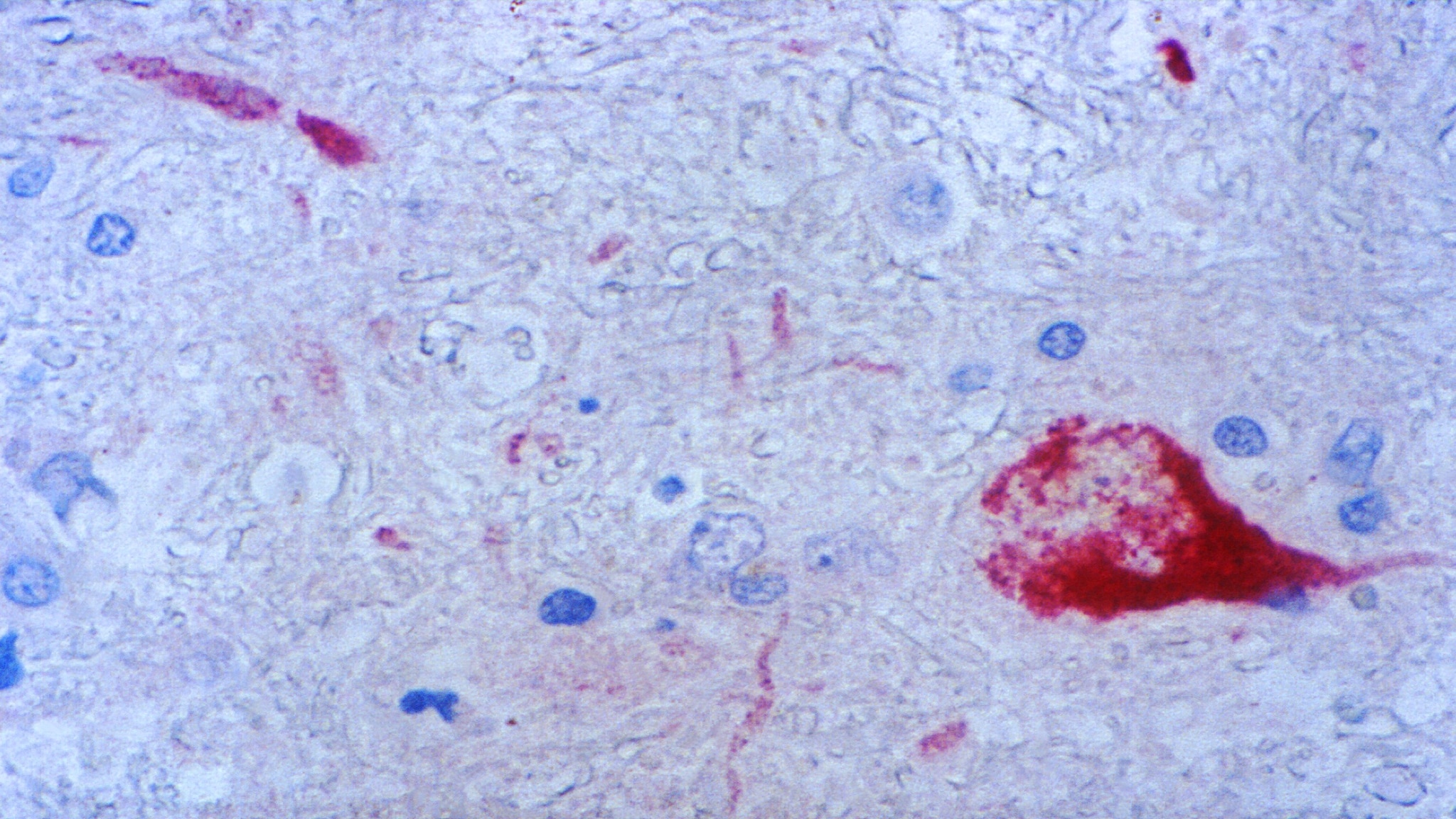Key points
- West Nile virus disease is caused by virus in the genus Flavivirus.
- West Nile virus is maintained in the environment by Culex species mosquitoes and avian hosts.
- Humans are dead-end hosts but can rarely transmit the virus through blood transfusion, organ transplantation, perinatally, and breastfeeding.

Virus
West Nile virus is a member of the family Flaviviridae, genus Flavivirus. West Nile virus has a single-stranded, positive-sense RNA genome. The virus particles are spherical and have a diameter of 40 nm.

Other medically important flaviviruses found in the United States include St. Louis encephalitis virus and Powassan virus.
Transmission
West Nile virus is most commonly spread to people by the bite of an infected mosquito.
Mosquitoes become infected when they feed on infected birds. Infected mosquitoes then spread West Nile virus to people and other animals by biting them.
In nature, West Nile virus cycles between mosquitoes (especially Culex species) and birds. Some infected birds can develop high levels of the virus in their bloodstream and mosquitoes can become infected by biting these infected birds. After about a week, infected mosquiotes can pass the virus to more birds when they bite.
Mosquitoes with West Nile virus also bite and infect people, horses, and other mammals. However, humans, horses, and other mammals are 'dead end' hosts. This means that they do not develop high levels of virus in their bloodtsream, and cannot pass the virus on to other biting mosquitoes.

In a very small number of cases, West Nile virus has been spread through:
- Exposure in a laboratory setting
- Blood transfusion and organ transplant
- Mother to baby, during pregnancy, delivery, or breast feeding
West Nile virus is not spread:
- Through coughing, sneezing, or touching
- By touching live animals
- From handling live or dead infected birds.
- Avoid bare-handed contact when handling any dead animal.
- If you are disposing of a dead bird, use gloves or double plastic bags to place the carcass in a garbage can.
- Through eating infected animals, including birds. Always follow instructions for fully cooking meat.
